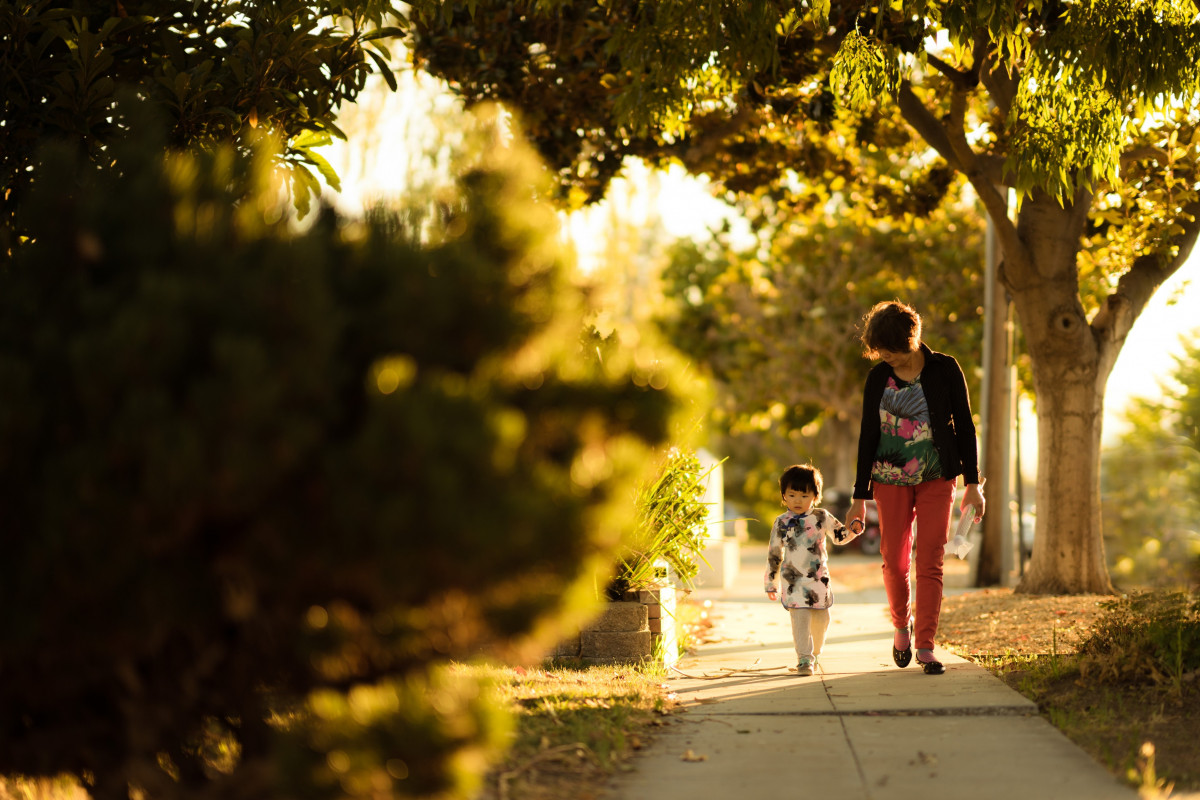
Omaira Gill
Journalist - WDO
10 things a parent of a child affected by a rare disease wishes everyone knew

Omaira Gill is a journalist living and working in Athens (Greece), where she is raising her family. Her older son was diagnosed with Duchenne muscular dystrophy in 2012. This is what she told us about the rare disease parenting reality.
- We worry we will bore our friends with our concerns over our child’s disease, and when you say “Do you want to talk about it?” “How are you feeling? Are you coping?” it really helps us feel like we are free to speak without burdening you in turn.
- Try your best to include us. The little treat set aside for my child that is appropriate for their diet needs, or the activity centre you chose for your child’s birthday party that has something my child can also take part in makes a world of difference to us.
- We don’t often know how to ask for help, so asking “What can I do?” is extremely helpful. Running an errand, brining over some food, helping with chores or even taking our kids for a while are all extremely appreciated gestures. I once had a friend who came over unannounced and fed me cupcakes while I cried and talked - I’ll never forget what a difference it made to me that she did that without me asking!
- On the journey through rare diseases, unfortunately we lose people along the way who decide to stop associating with us, because they can’t cope, don’t know what to say or for their own reasons. So we need those standing by us more than we normally would - you are our family now.
- If you don’t know what to say, we prefer that you just say that, rather than saying nothing at all and avoiding the topic all together. As a rare disease parent, I appreciate you simply being a presence that acknowledges the challenges of what lies ahead - you can do that by turning up, offering a hug and not saying a word! There are so many ways to stay in touch these days, even a quick smiley-face emoji is much better than not communicating at all.
- We are not looking for pity, but we are looking for understanding. Sometimes the lack of sleep, mental load from care, organizing medicine and worrying takes up so much energy that we might be grumpy, in a bad mood, not performing our best at work or generally not good company.
- It is neither true nor helpful to be told “I could never do what you do, you are so brave.” Rare disease parents find themselves in an extremely difficult position, caring for children that will not get any better. We didn’t think we could do it either, but we do. And we don’t always feel brave - we get scared, fearful, hopeless and despairing from time to time and then we continue onwards because this is the only choice we have.
- Don’t make comparisons. It is great that you knew a colleague who had a cousin whose child had some sort of chronic illness that they miraculously recovered from, but it is not an appropriate comparison and only reminds us of the long road ahead of us in the quest for treatment.
- You don’t have to hide your own joys or sorrows from us by thinking what we are going through is so much worse. We would be happy to hear about your own child’s achievement or to repay your kindness by offering our own shoulder to lean on in your times of trouble.
- Don’t question the family choices of parents to rare disease kids. Some will decide that their child is enough for them. Others will want to continue to grow their family. Don’t say “But can you risk this happening again?” “Can you cope with the burden of another child?” “Don’t you think you should focus on the child(ren) you already have?” “How will you explain this to the child’s new sibling, is that responsible?” Rare disease families have dreams and plans just like everyone else. Support us in our hopes of realizing them, whether that is to have more children or not, to climb Machu Picchu or take a selfie with Madonna!
Related diseases
Duchenne muscular dystrophy
Topics
Psychosocial support
